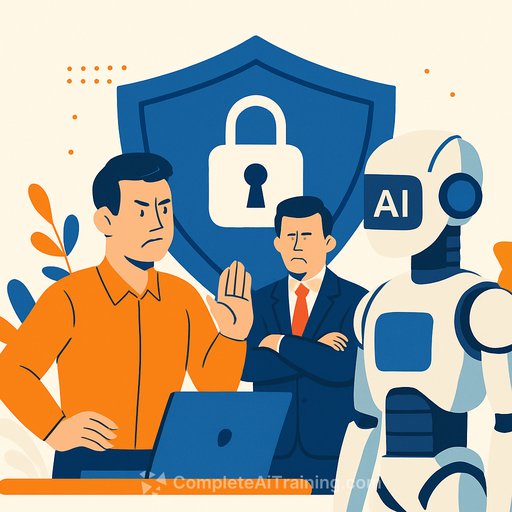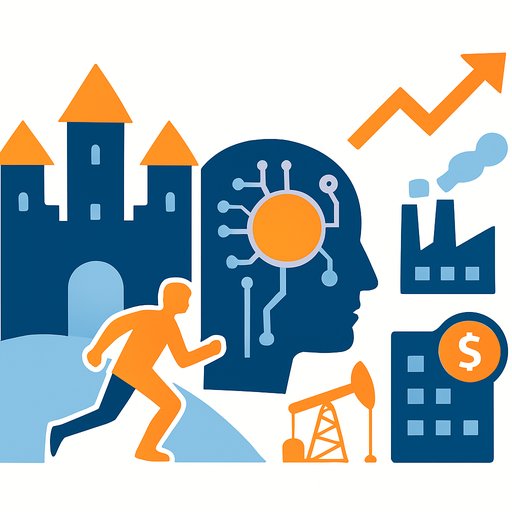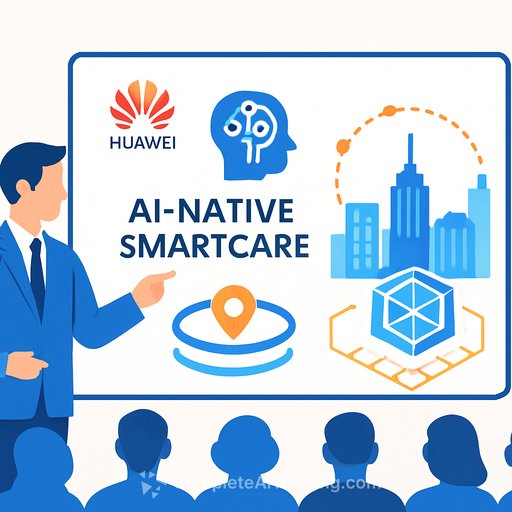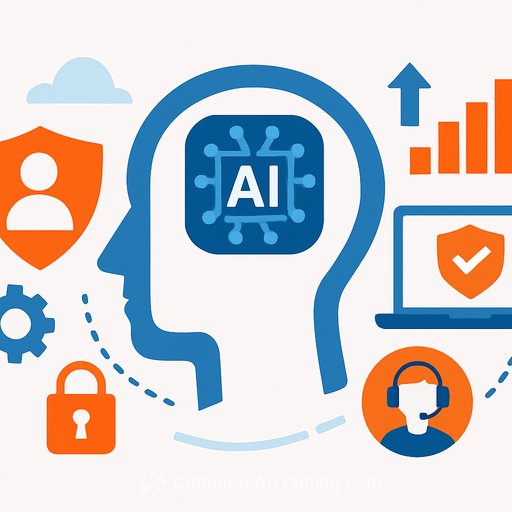Cybersecurity Staff Push Back Against AI Replacement Threats
As AI continues to enter the workplace, many companies look to it as a tool to boost efficiency and automate tasks. While this promises productivity gains, it also raises concerns about job security among employees. Some managers try to use AI demonstrations as motivation for staff to learn new skills — but these efforts can sometimes backfire.
When AI Demonstrations Raise More Questions Than Answers
At a cybersecurity firm, leadership recently showcased how AI could perform the roles of every team member. The goal was to “keep employees motivated and learning” by framing AI as a potential threat to their jobs. Instead, the demonstration created tension. One employee voiced a question on everyone’s mind: if AI can replace all staff, why would managers still be necessary?
The room fell silent after that. Since then, several employees have shifted their focus toward gaining AI-related skills and exploring other career opportunities.
Insights From the Discussion: AI Can’t Fully Replace Humans
Comments from industry peers emphasize that AI is a helpful tool but not a replacement for human expertise. It excels at tasks like threat mitigation and bot management, yet human judgment remains essential for spotting issues AI or third-party vendors might miss.
Some analogies from the discussion highlight this well:
- Owning a hammer doesn’t make someone a carpenter.
- Having AI tools doesn’t replace the nuanced skills humans bring.
Current AI technology still requires human oversight and direction. The idea of general artificial intelligence operating autonomously remains theoretical.
How AI Can Complement Management and Specialist Roles
Rather than replacing roles, AI can augment human work when properly guided. For example, programmers and specialists must still develop, monitor, and steer AI tools effectively.
Employees shared experiences of using AI in creative workflows like graphic design. AI can draft initial versions, but human input is vital to correct errors and polish the final product.
Attempts to fully replace humans or outsource tasks to AI often lead to lower quality outcomes. This reinforces the ongoing importance of human involvement in decision-making and problem-solving.
What Managers Should Take Away
Managers should recognize that AI is a valuable asset to support teams, not a wholesale replacement. Encouraging staff to gain AI skills is important, but it’s equally crucial to foster trust and clarify that human roles remain central.
For those looking to help their teams build relevant AI capabilities, exploring targeted training can be a practical step. Resources like Complete AI Training’s courses by job offer focused learning paths tailored to specific roles.
Balancing AI adoption with respect for human expertise will lead to stronger teams and better outcomes.
Your membership also unlocks:





